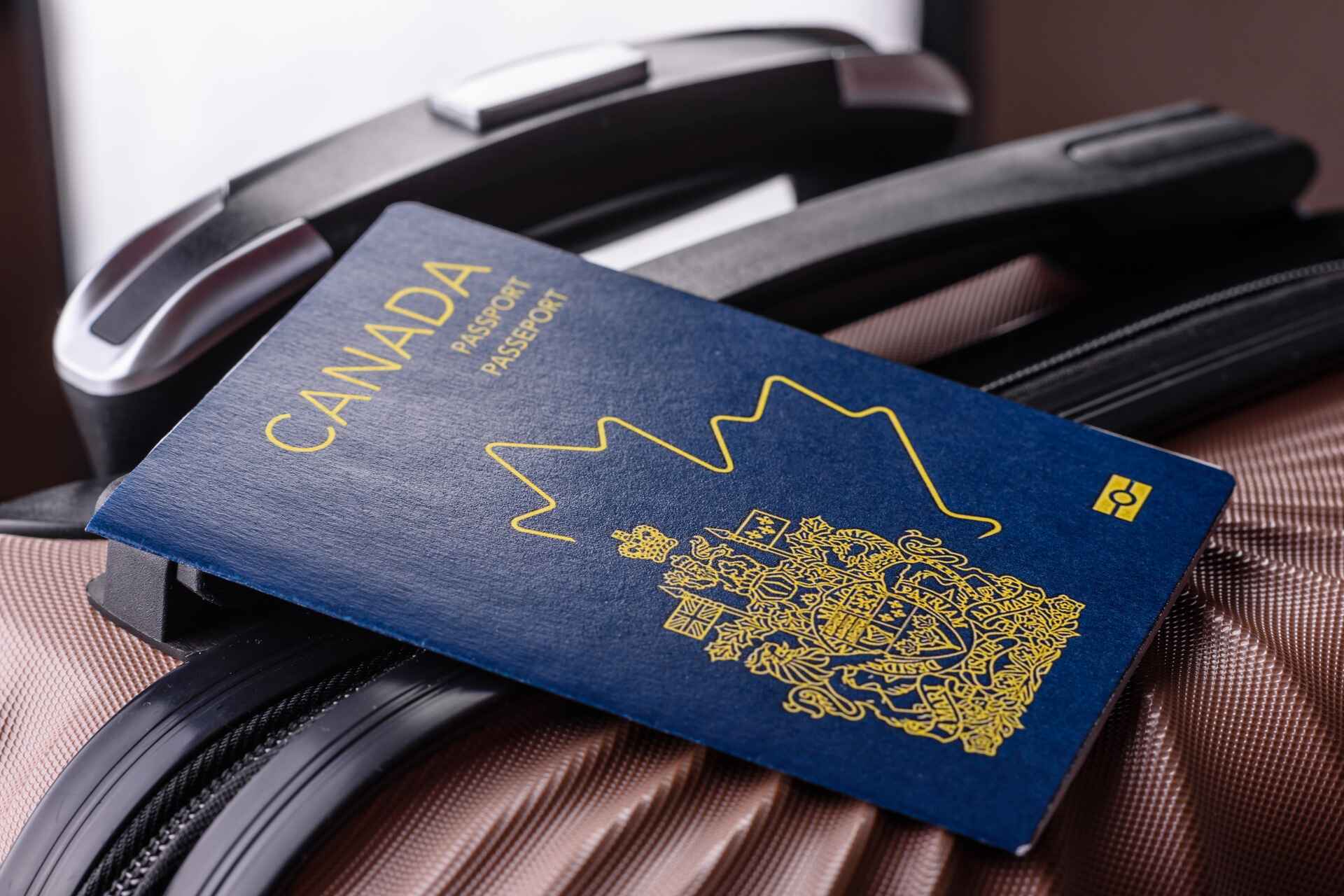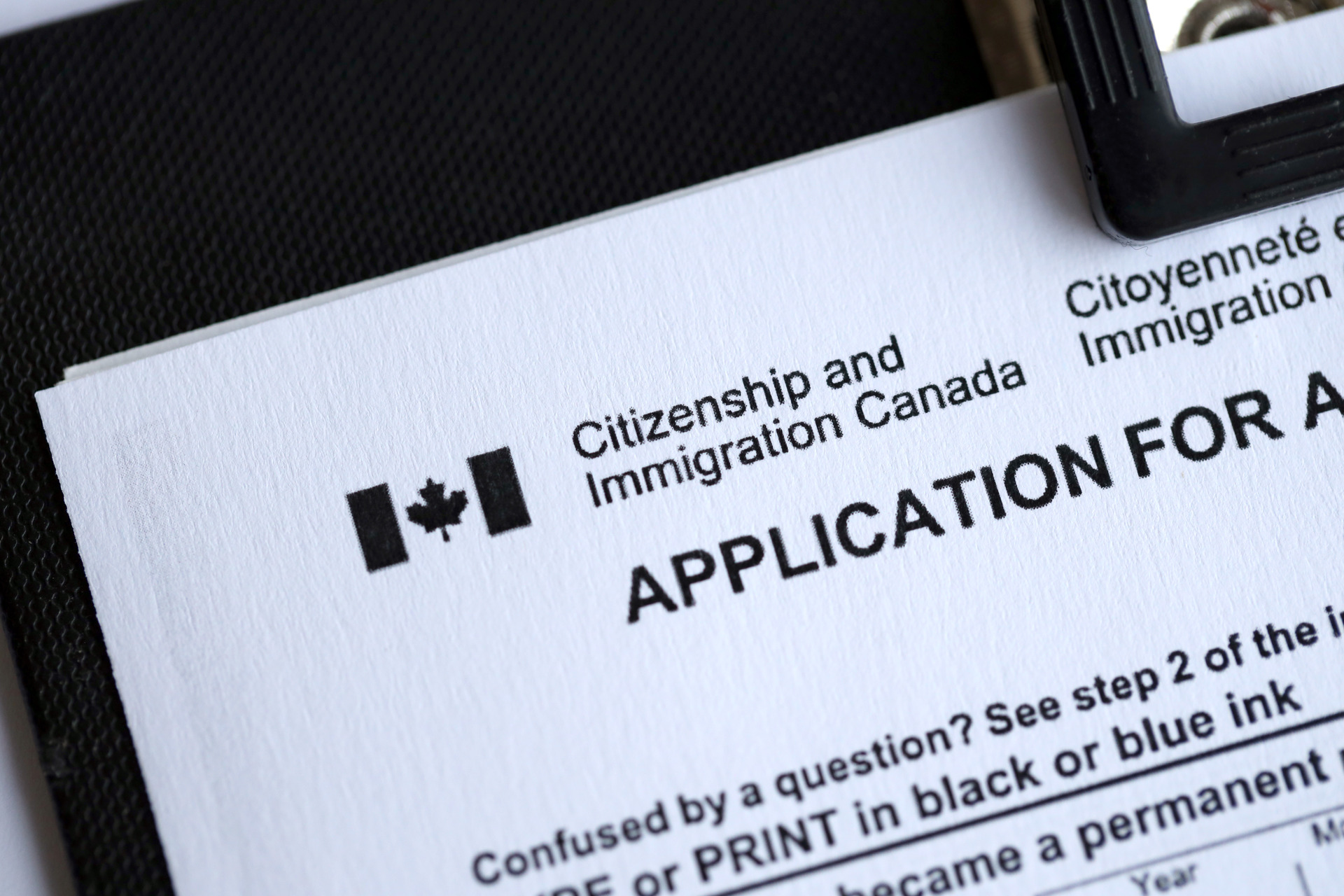
For individuals facing exceptional hardship and who do not qualify under traditional immigration programs, humanitarian and compassionate grounds (H&C) provide an essential pathway to permanent residency in Canada.
This special immigration option allows applicants to request consideration based on their unique circumstances, such as long-term establishment in Canada, family ties, medical conditions, and risks in their home country.
Here’s an overview of the application process for H&C consideration and how we will help:
Stop your deportation! If you’re established in Canada, our Canada deportation lawyer will help gather evidence to support your claims and handle the immigration process
Humanitarian and compassionate grounds refer to a special category under Canadian immigration law that allows individuals to apply for permanent residency based on exceptional personal circumstances. This pathway is designed for people who do not qualify under standard immigration programs but have compelling reasons to remain in Canada.
Under Section 25(1) of the Immigration and Refugee Protection Act (IRPA), immigration officers have the discretion to grant exemptions to applicants who demonstrate significant hardship, strong ties to Canada, or risk if removed to their home country. Each application is assessed individually, with officers considering various humanitarian factors.
To qualify for an H&C application, you must:
The following individuals do not qualify for an H&C application:
Applying for humanitarian and compassionate consideration is not a simple process. It requires strong supporting evidence, a compelling personal statement, and careful preparation. Unlike other immigration applications, H&C cases are discretionary, meaning an officer will decide based on the unique circumstances of each applicant.
Here’s a step-by-step breakdown of how to apply for an H&C exemption and what to expect at each stage.
Before applying, you must determine if you qualify for an H&C application.
Checking if you meet the criteria
Consulting our immigration lawyer
Why it’s important: Many H&C applications fail due to weak evidence or procedural errors. Getting legal advice early can improve your chances of success.

A well-prepared application is critical to success. It must clearly explain why you should be granted an exemption under H&C grounds and include strong supporting evidence.
Complete the required forms & pay fees
The first step is filling out IMM 5283 – Application for Permanent Residence – Humanitarian and Compassionate Consideration and ensuring all sections are accurate and complete.
Along with this, you must pay the required processing fee, which is $570 CAD per adult and $155 CAD per child. Missing or incorrect information can delay processing, so double-check before submission.
Write a personal statement
Your personal statement is one of the most important parts of the application. This is where you explain why leaving Canada may cause undue hardship and why you deserve to stay. It should include details about your life in Canada, your struggles, and the risks you face if removed.
The statement should be clear, honest, and emotionally compelling, helping the immigration officer understand your unique situation.
Gather supporting documents
To strengthen your case, you need strong supporting documents. These may include:
Why it’s important: Immigration officers will not investigate your case for you—our deportation lawyer in Canada will help you provide convincing and well-documented evidence.
Where and how to file
Processing times & potential delays
What to expect: After submission, you will not receive frequent updates. IRCC will contact you only if they need more information or have made a decision.

Once your application is received, an immigration officer reviews it to determine whether you qualify for an H&C exemption.
Discretionary decision by IRCC officer
Possible request for additional information
Why it’s important: Officers are not required to approve H&C applications. A strong, well-documented application is key to success.
Once the review is complete, IRCC will issue one of two decisions:
Approval: Pathway to permanent residency
Rejection: What to do next
If refused, you cannot appeal to the Immigration Appeal Division. However, you have options:
Additional reading: PRRA application
Facing removal? Our Canada deportation lawyer will help if you’re established in Canada and need guidance through the immigration process. Contact us today.
| Factor | H&C Applications | Refugee Claims | Economic/Family Sponsorship |
|---|---|---|---|
| Based on Hardship? | Yes | Yes | No |
| Legal Right to Apply? | No (Discretionary) | Yes | Yes |
| Best Interests of Child Considered? | Yes | Yes | No (Unless family sponsorship involves minors) |
| Reviewed by Immigration Officers? | Yes | Yes | Yes |
| Can Apply from Outside Canada? | Yes | No | Yes |
Many people in Canada live in legal limbo, unable to qualify for traditional immigration programs but unable to return to their home countries due to personal hardship. H&C applications offer a last-resort solution for those who have integrated into Canadian society and would suffer extreme consequences if forced to leave.
In the next section, we will explore the key factors immigration officers consider when evaluating an H&C application and what evidence applicants should provide to strengthen their case.
Additional reading: how to win an admissibility hearing
When reviewing humanitarian and compassionate applications, immigration officers do not follow a strict checklist. Instead, they consider a range of personal and humanitarian factors to determine if an applicant deserves an exemption from normal immigration rules. Each case is assessed individually, meaning the strength of your application depends on how well you present your circumstances.
Below are the most important factors that immigration officers take into account:
One of the most important things officers look at is how well you have settled in Canada. They assess:
If you have close family members in Canada, this can strengthen your case. This includes:
Why It Matters: The longer and stronger your connection to Canada, the harder it will be for you to start over in another country.

If a child would be affected by your removal, immigration officers must consider their well-being. This includes:
Why It Matters: Canada prioritizes the well-being of children (Kanthasamy v. Canada case). If your removal would harm a child’s development or stability, it strengthens your application.
You must show that returning to your home country would cause severe difficulties, such as:
Why It Matters: If you would face unfair treatment, danger, or severe struggles, it helps prove why you should stay in Canada.
If you or a dependent have a serious medical condition, officers consider:
Why It Matters: If lifesaving medical care is unavailable in your home country, officers may grant you H&C status.
Officers also look at how involved you are in your community. They consider:
Why It Matters: A well-integrated applicant is seen as a positive addition to Canada, making officers more likely to approve the case.
Some applicants come from dangerous or unstable countries. Officers look at:
Why It Matters: If returning home would put your life in danger, it strengthens your case for staying in Canada. Let our Canada deportation lawyer guide you through the decision-making process. Book a consultation now.
Applying for humanitarian and compassionate consideration can be challenging, but you don’t have to go through it alone. At Kingwell Immigration Law, we provide guidance and support to help you handle the process.
If you need assistance with an H&C application, we are here to help. Contact us for a consultation to discuss your options.
Call us at 416.988.8853
Email us at info@kingwelllaw.com
Book a Consultation
Do you have an urgent immigration issue? Our lawyer will strengthen your case with the right evidence and guide you through the decision-making process. Schedule a consultation now.
181 University Ave
Suite 2200
Toronto, ON
M5H 3M7
All content ©2022-2024 Kingwell Immigration Law. All rights reserved. Privacy Policy.